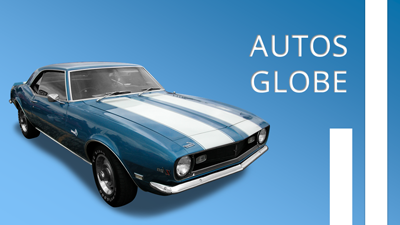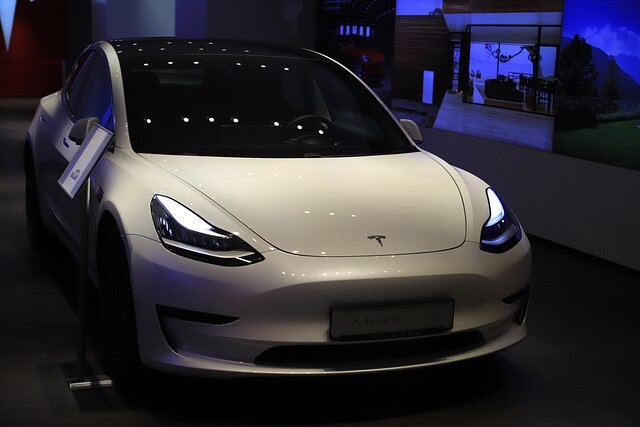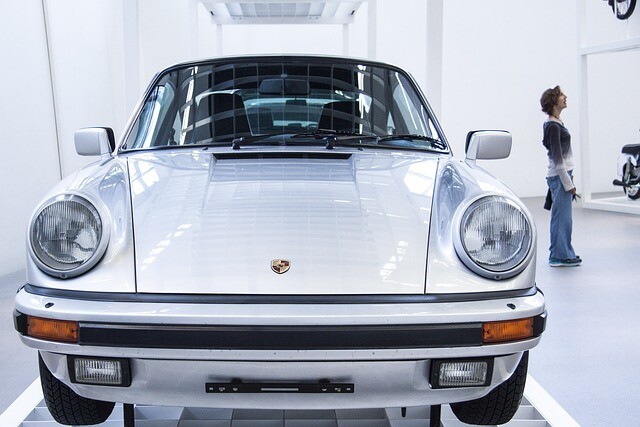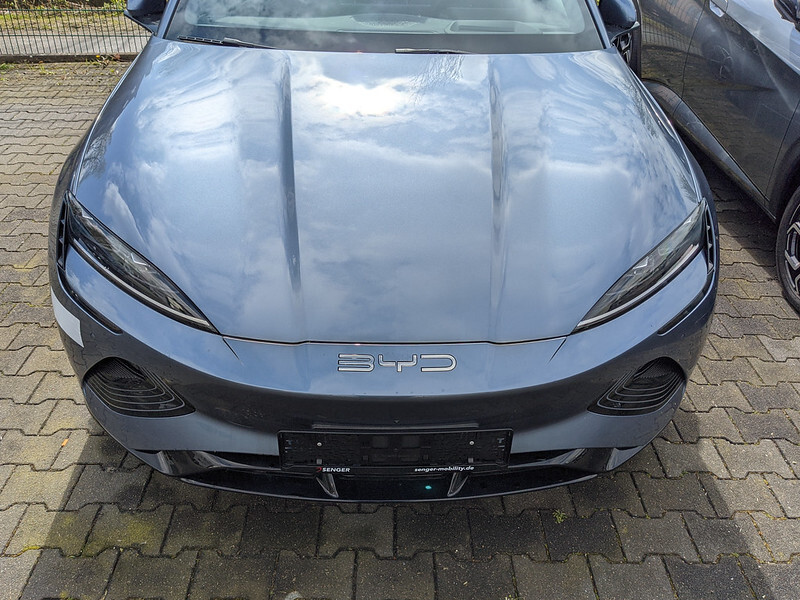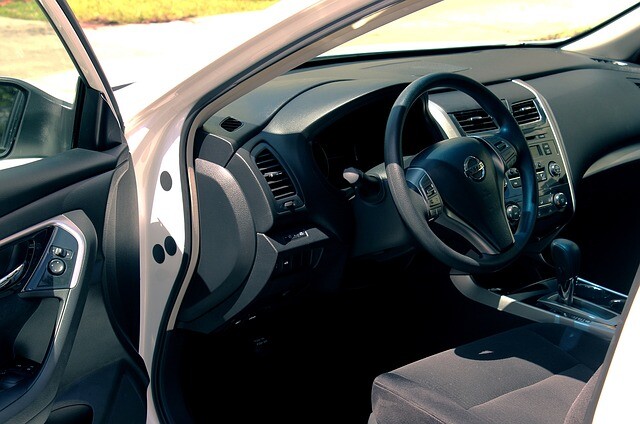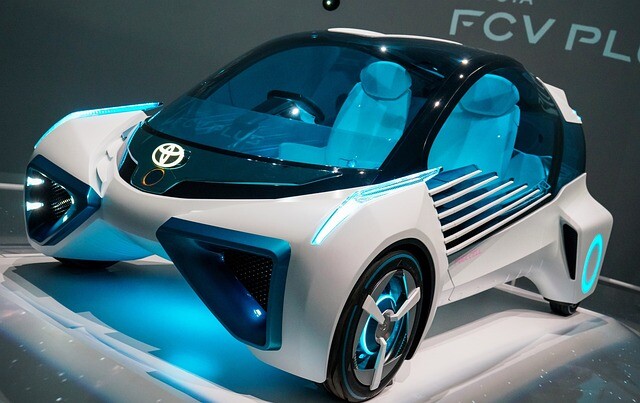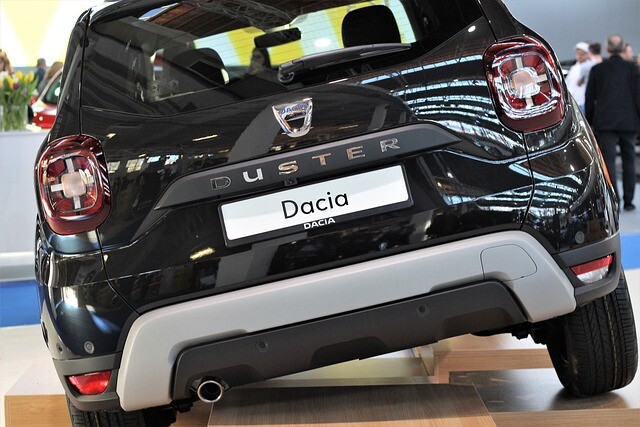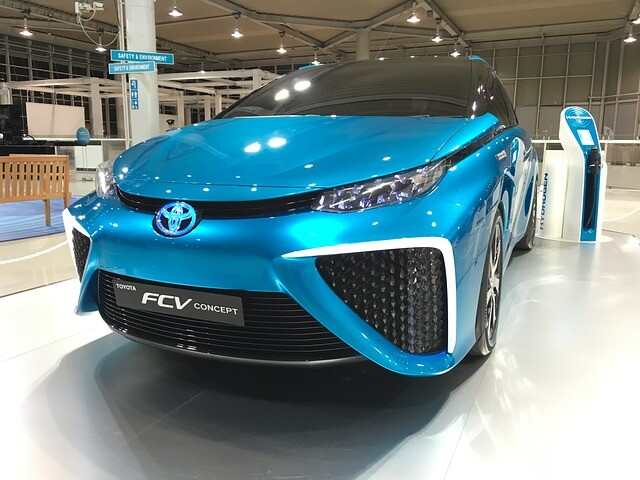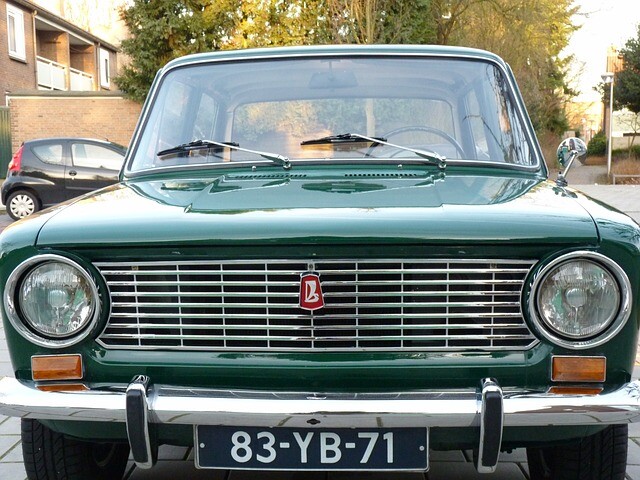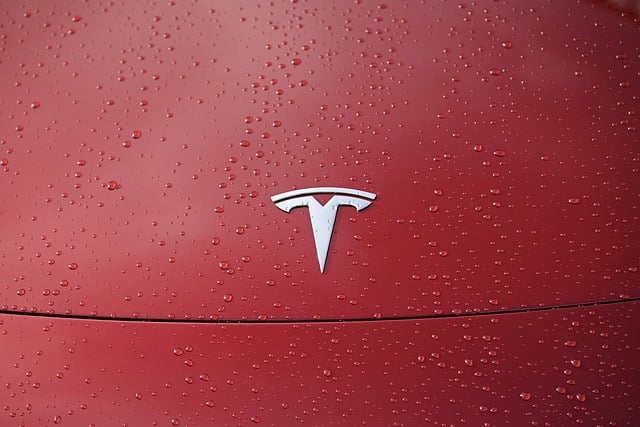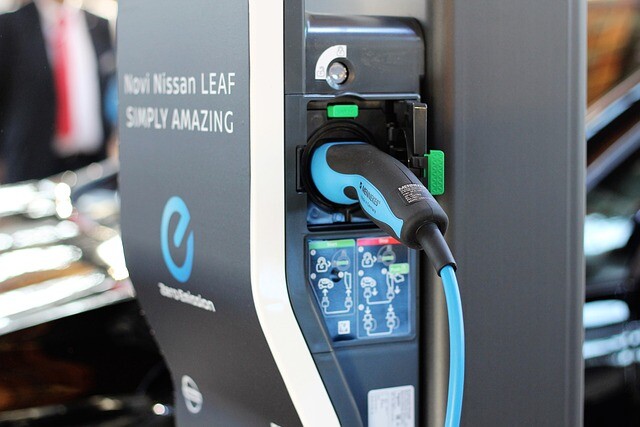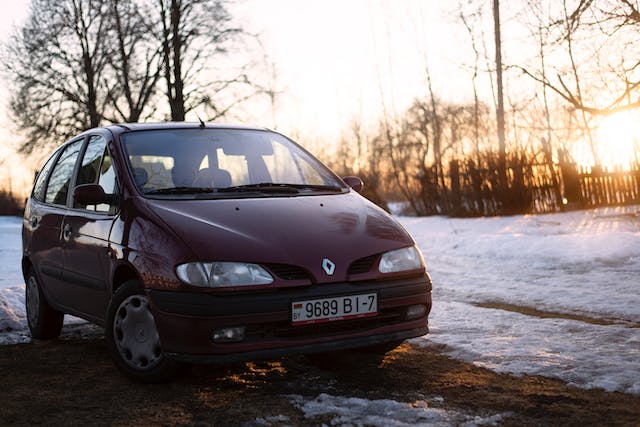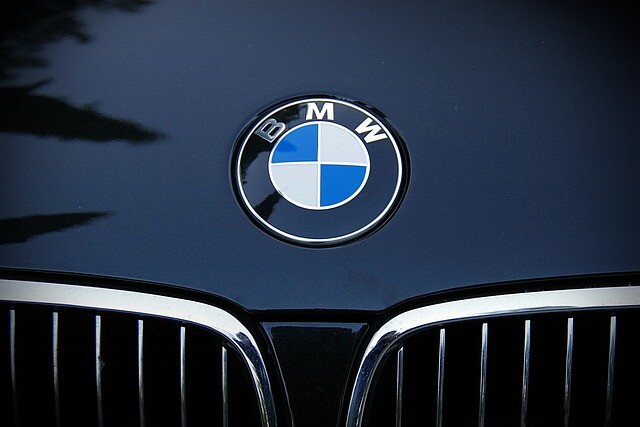The car is still the main means of transport
In Hungary, the most important means of mobility is still the car, according to the survey on car usage habits and electromobility commissioned by Robert Bosch Kft., almost two-thirds of Hungarian motorists cannot imagine their lives without a car.
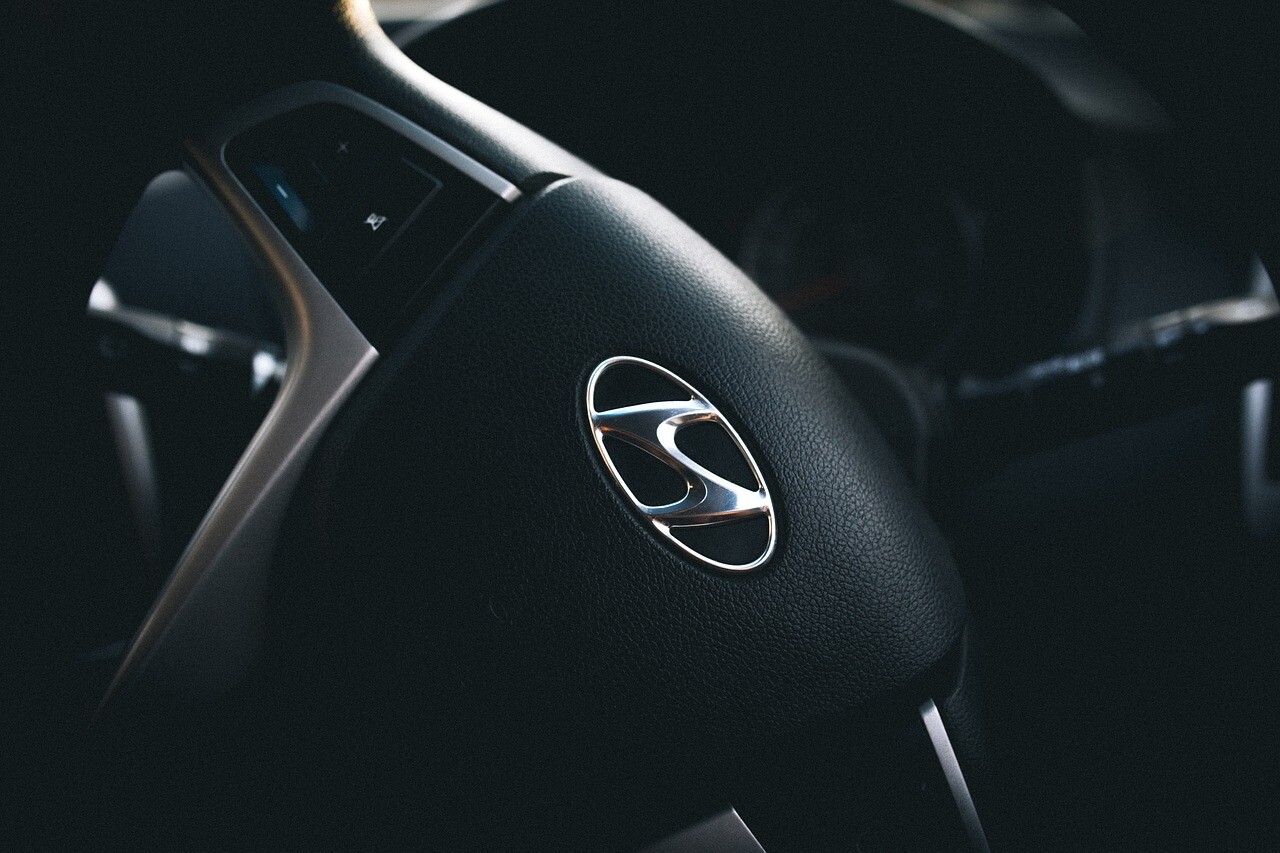
In their summary sent to MTI, they wrote: 69 percent of Hungarian households own a car. 61 percent of the interviewed Hungarian motorists said that they could not imagine life without their own car. This is in line with the European experience, according to a previous survey by Bosch, 60 percent of European respondents cannot give up the benefits of the car.
More than two-thirds, 70 percent, of the domestic respondents get into a car primarily to reach destinations necessary in everyday life, i.e. to get to the workplace, kindergarten, school, and shopping. A fifth of them use their car for work, while 11 percent of the respondents answered that they primarily use their car for leisure purposes.
According to the research, the more cars there are in a household, the more typical it is that the car is primarily used for work.
If for some reason they can't get into a car, 8 percent of car owners consider an electric bicycle, electric scooter, or some other electric vehicle as a transportation alternative. Electromobility is equally attractive to men and women, but people younger than 40, people living in Budapest and graduates are mostly open to it.
Bosch indicated: according to expectations, 60 percent of newly registered vehicles will be electric in 2035.
The survey was conducted by Median with a random sampling of 1,000 people; representative in terms of gender, age, education and place of residence among those over 18 years old.
(Source: autokalauz.co.hu; MTI | Image: pixabay.com)
